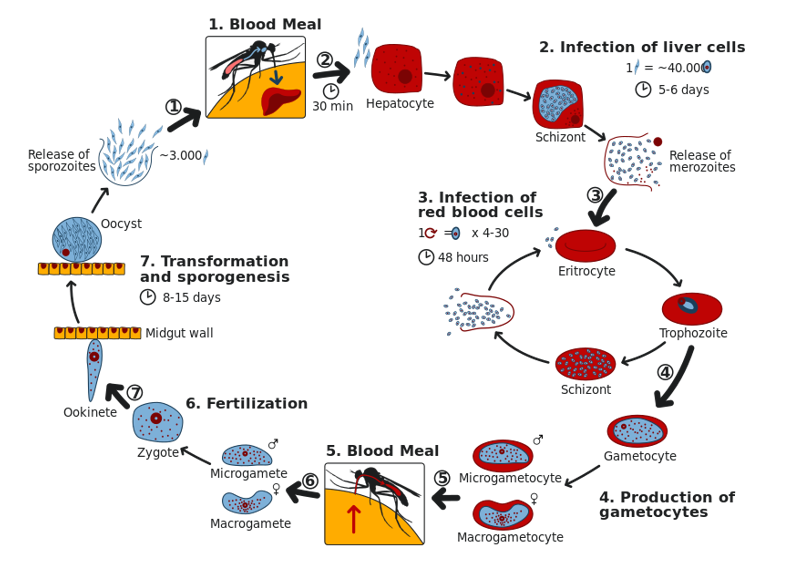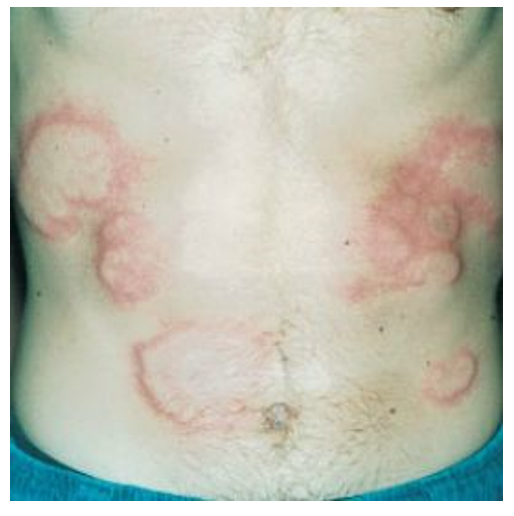Post Travel Counselling and Support
According to the CDC Post Travel website as many as 43%–79% of travellers to low-and middle-income countries become ill with a travel-associated health problem. Although most of these illnesses are mild, some travellers become sick enough to seek care from a health care provider. Most post travel infections become apparent soon after returning from abroad, but incubation periods vary, and some syndromes can present months to years after initial infection or after travel. The CDC Post Travel website also has some great information on these incubation periods for many travel related illnesses.
When a patient comes to the pharmacy for support with symptoms that are not usual for them it is worth checking if they have travelled somewhere and where they travelled to. When communicating with a patient with a probable travel-associated illness, approach the conversation by incorporating both the patients symptoms and risk factors related to the location they have travelled to.
Some common questions to the customer include:
- History of the presenting illness e.g. date started, where they were when it started, medicines taken, and any healthcare already received.
- Travel details e.g. destinations visited, reason(s) for visiting, and duration in area.
- Activities participated in whilst they were away.
- Exposure risks e.g. animals, insects, food, and water.
- Vaccinations (if any) received prior to travel.
- Prophylaxis taken (or still taking) e.g. anti-malarials, and antibiotics.
- Past medical history e.g. diabetes, heart disease, immunocompromised etc.
If a customer has become unwell in the weeks/months after travel, particularly with a high fever, flu-like symptoms, rash and/or diarrhoea, they should be advised to seek urgent medical advice. Make sure they mention their recent travel history to their doctor particularly if they have travelled to a country where malaria is a risk. Travellers who have been in contact with freshwater rivers and lakes in the tropics (for example for swimming or wading) should enquire about schistosomiasis screening tests if the disease is considered to be present in the country visited.




